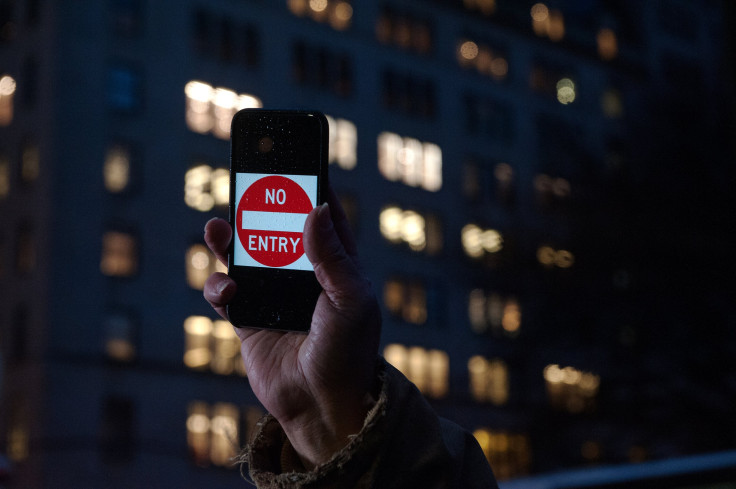Samsung Mulls Siding With Apple In Privacy Fight Against FBI, Report Says

Samsung Electronics Co. said any legal precedent which required building backdoors into its smartphones would undermine customers' trust, Bloomberg reported Thursday. The South Korean electronics giant has reportedly yet to decide on whether to file an amicus, or a friend-of-the-court, brief in support of long-term rival Apple Inc.
Silicon Valley giants Google, Microsoft and Facebook have already thrown their weight behind the iPhone maker to fight a Feb. 16 order by U.S. District Court Magistrate Sheri Pym for Apple to help the FBI unlock the iPhone used by San Bernardino shooter Syed Farook. Courts generally consider amicus briefs for cases which involve broader public interest.
Samsung, which has been locked up in bitter courtroom battles with Apple over the past few years, stopped short of voicing open support for its rival but said any requirement to create a backdoor could “undermine consumers’ trust.”
“Ensuring trust in our products and services is our top priority. Our phones are embedded with encryption that protects privacy and content, and they do not have backdoors,” the company said in an emailed statement to Bloomberg.
The FBI asked Apple to create a special version of its iOS operating system that removed a feature which locks up a phone after 10 failed attempts to login. This has prevented authorities from hacking into the iPhone used by Farook before he opened fire on his San Bernardino County coworkers, killing 14 and injuring 22.
Apple called the order government overreach, and said it would set a dangerous precedent and create a backdoor for others to exploit.
While it is unclear if Apple will be able to push the March 22 deadline set by Pym, the company filed an official appeal against the court order last week. Meanwhile, the case has sparked a national debate over supporting national security versus protecting personal privacy, with Silicon Valley executives siding with Apple on the issue.
On Wednesday, the American Civil Liberties Union kicked off what is expected to be a string of amicus briefs in a federal court to support Apple and called Pym's unlawful and unconstitutional.
"This case concerns an unprecedented law-enforcement effort to conscript an American technology company into creating software designed to weaken the security of its own devices — an effort that, if successful, would set precedent implicating the security and privacy of hundreds of millions of Americans," according to a statement from the ACLU.
© Copyright IBTimes 2024. All rights reserved.











